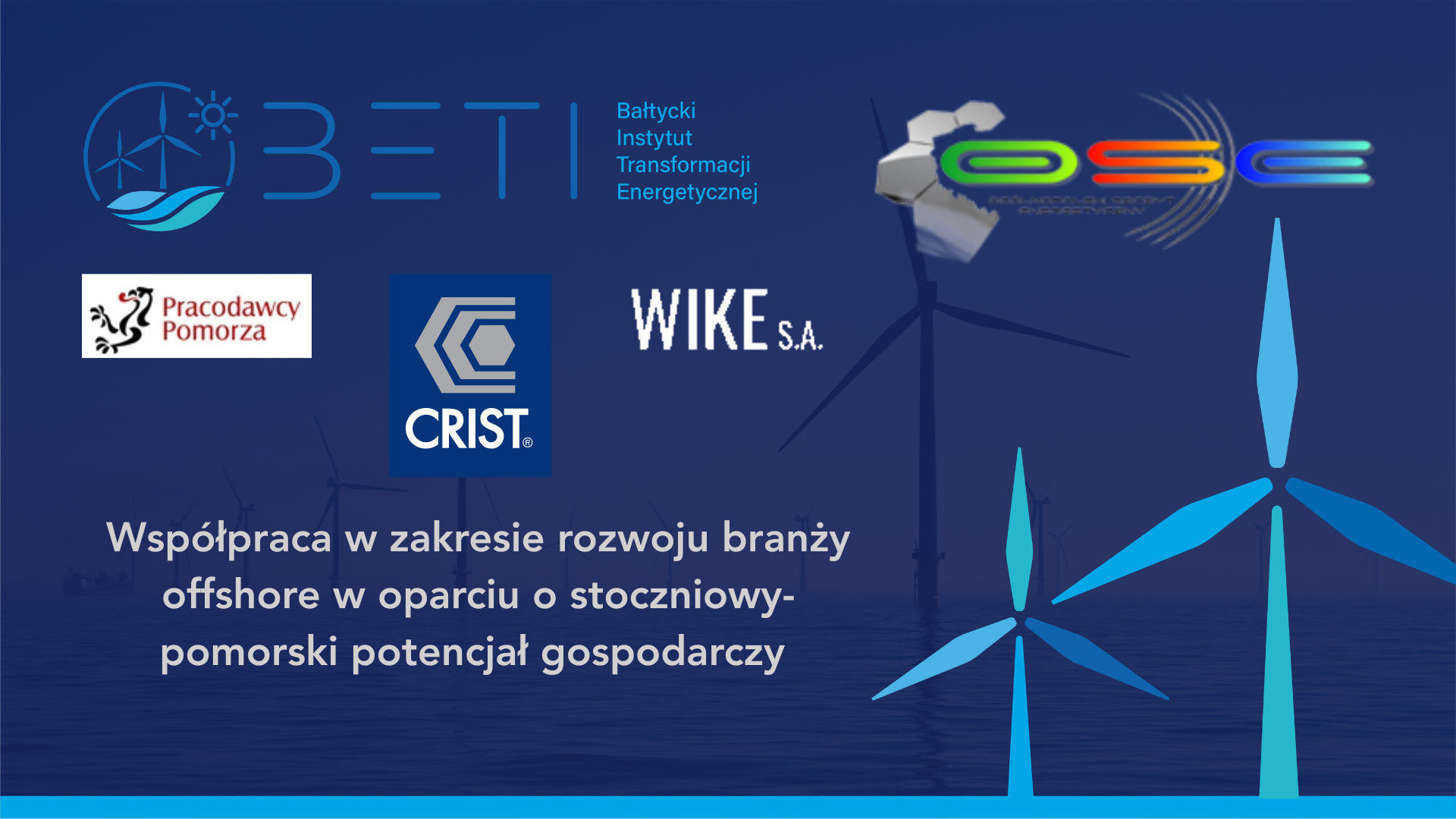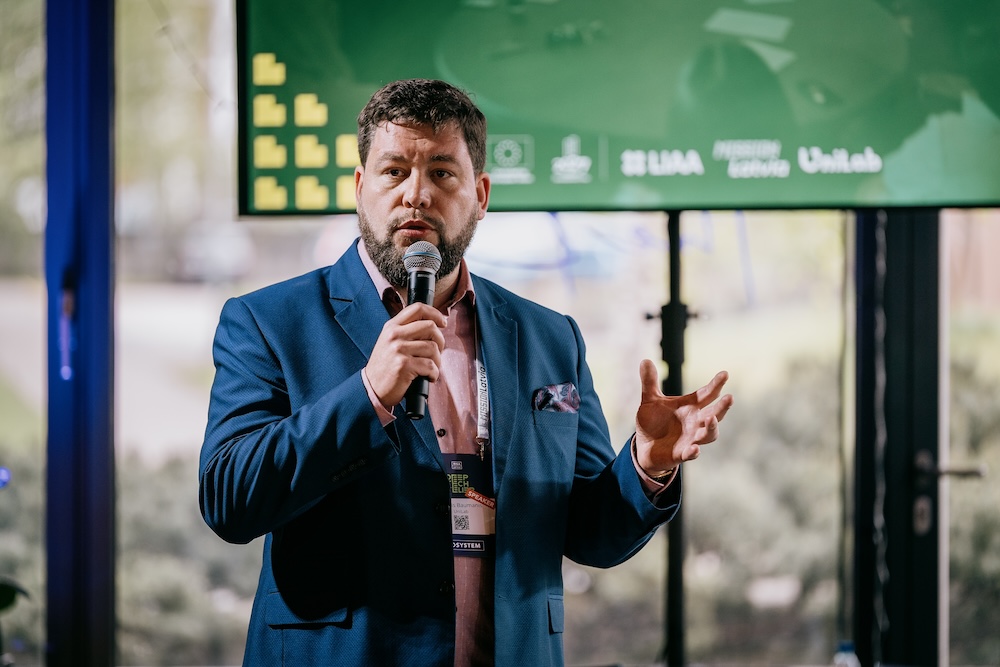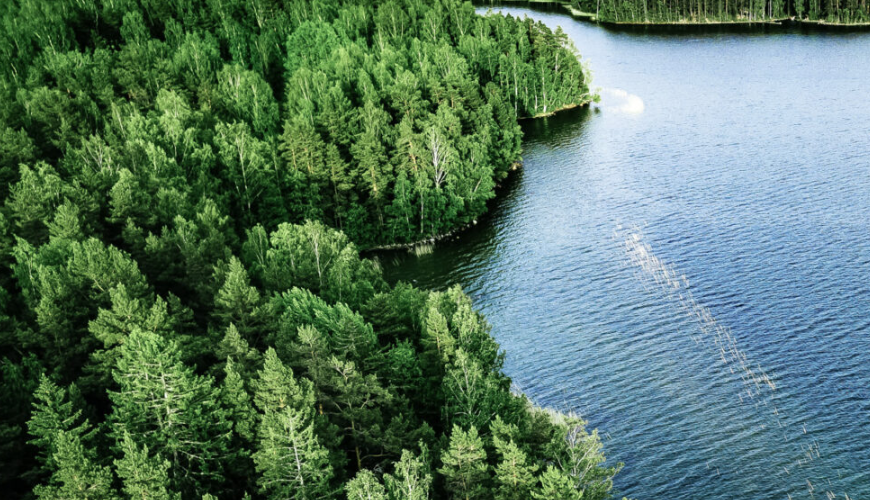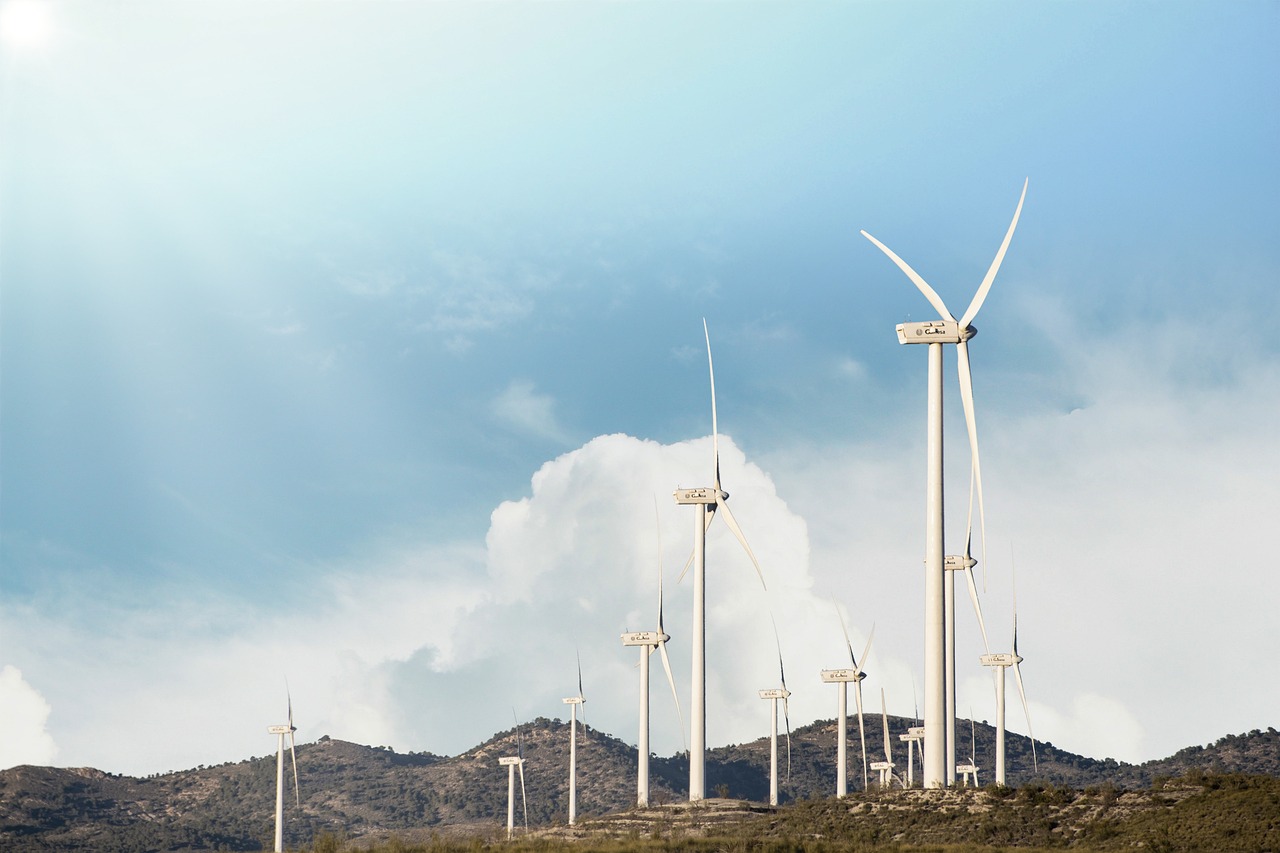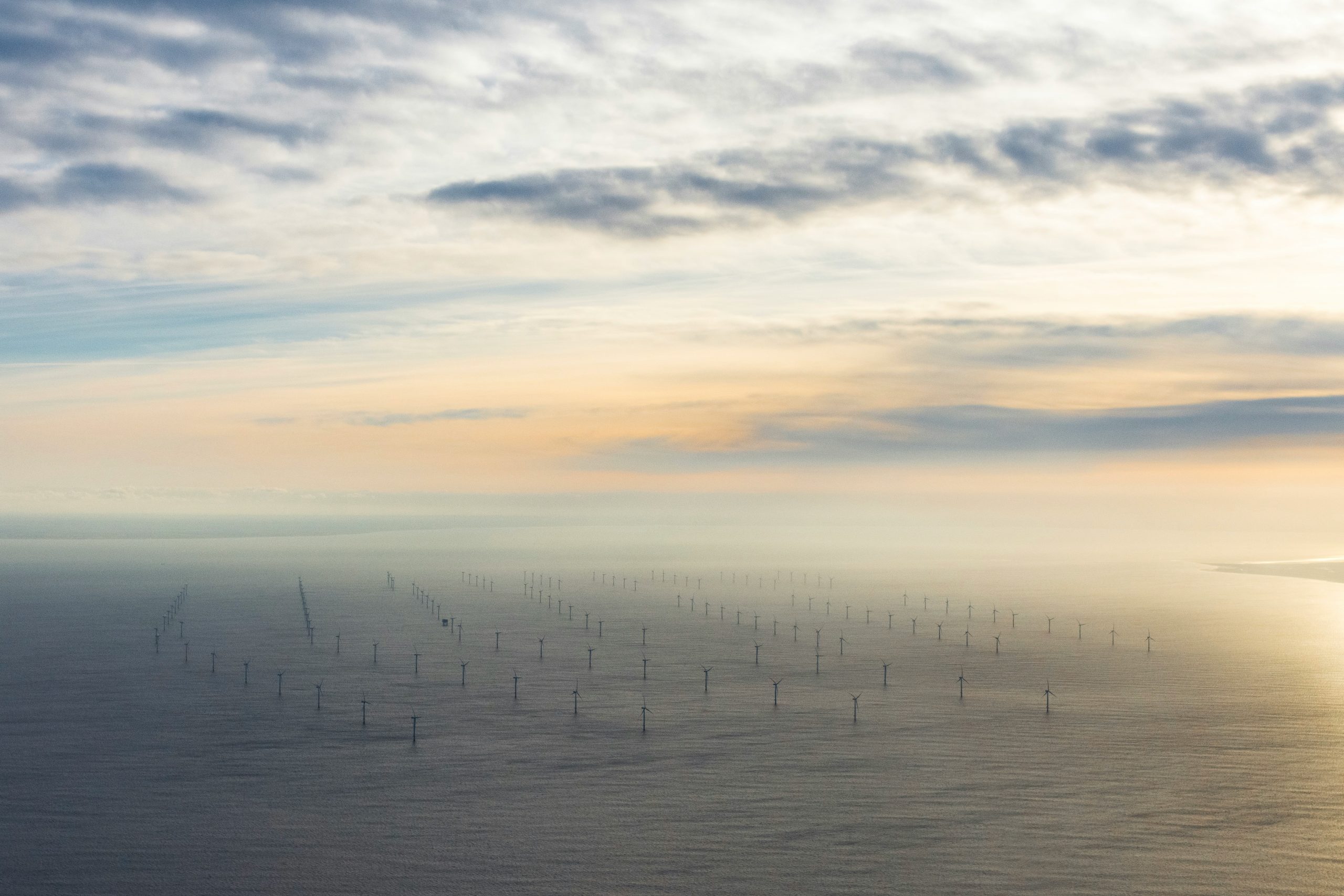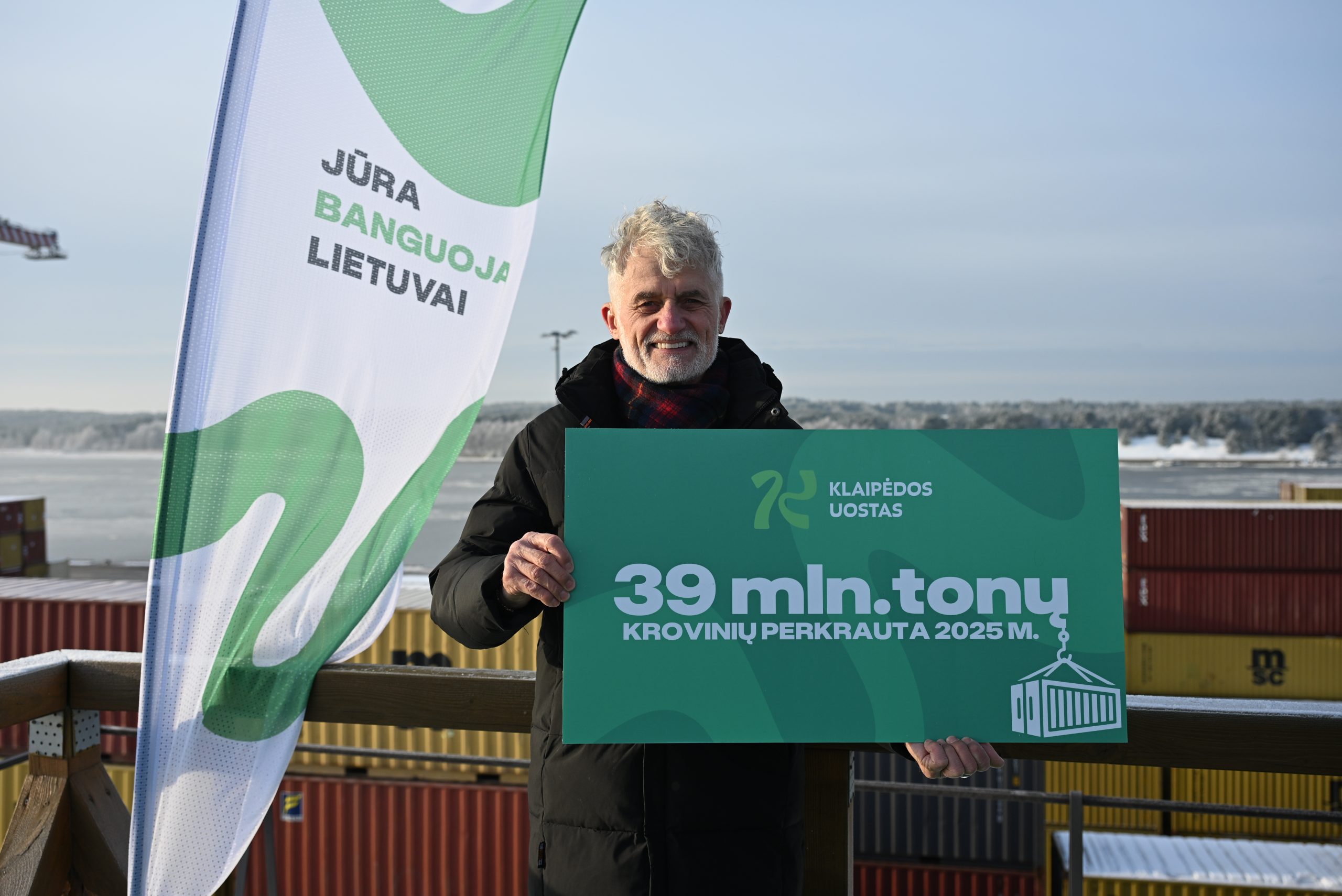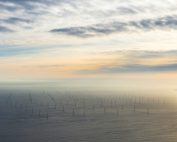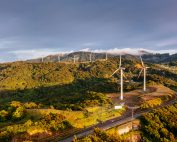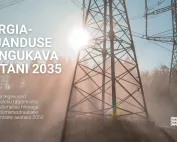Pomeranian Offshore Offensive Gains Momentum – Agreement Signed for Construction of WTIV Fleet!
On June 16, 2025, during the National Energy Summit in Gdańsk, a strategic cooperation agreement was signed to support the development of the offshore industry. The signatories are CRIST S.A., WIKE S.A., Employers of Pomerania (Pracodawcy Pomorza), and the Baltic Energy Transformation Institute (BETI). The goal is to build Poland’s first fleet of Wind Turbine Installation Vessels (WTIV) and rapidly increase local content in the implementation of phases II and III of offshore wind farms (OWF).
A Breakthrough for Pomerania and All of Poland
“This is a breakthrough moment for Pomerania and the entire country. It’s time to act—we can no longer accept the marginalization of Polish companies in offshore projects. We’re entering the phase of concrete action: technology, shipyards, partnerships, and fleet,” commented Maciej Stryjecki, President of BETI and institutional leader of the initiative.
Offshore: Time for a Polish Fleet
The EU plans to build 300 GW of offshore wind capacity by 2050, which translates to a demand for at least 40 modern WTIV units. Poland—planning to build at least 18 GW of offshore wind capacity by 2040—needs its own fleet. Just phases I and II will require two WTIV ships, while the expected phase III (around 12 GW) and growing maintenance needs raise that number to four or more units.
“We will soon present a detailed concept for establishing a Polish operator and building a vessel in a Polish shipyard. It’s time to end dependence on external contractors,” announced Wojciech Kąkol, President of WIKE S.A., the future operator of the WTIV fleet.
An Industrial Engine for Pomerania
The estimated cost of building a single WTIV unit is PLN 2.5–3 billion, with projected revenues of around PLN 9 billion over 30 years of operation. The project is expected to create between 4,000 and 7,000 jobs, engage over 100 companies from Pomerania and across Poland, and strengthen cooperation with universities and research sectors (e.g., e-methanol, green propulsion, offshore automation). It’s worth noting that project implementation could reduce offshore wind energy costs by 4–10%.
Time for Cooperation and Political Support
“This project cannot launch with full momentum without government support. We need serious industrial policy, not symbolic gestures,” appealed Tomasz Limon, President of Employers of Pomerania. “We call on the Polish government to urgently establish a special support program for building a Polish offshore fleet and coordinating shipbuilding investments within the maritime economy.”
The construction of a Polish fleet of WTIV-type installation and service vessels could play a key role in both the national offshore wind development program and in strengthening Poland’s shipbuilding industry and national defense capabilities.
WTIV Units – Civil and Strategic Use
In addition to their civil installation and maintenance functions, WTIV vessels can serve strategic and defense purposes, including:
-
Mobile logistics platforms supporting military operations in the Baltic Sea
-
Communication and reconnaissance points (e.g., UAV operations)
-
Crisis response support in protecting critical infrastructure (e.g., offshore farms, cables, gas pipelines)
This type of infrastructure could align with EU CEF Military Mobility programs and NATO goals for military mobility.
A Fleet Not Just for Poland
Many Asian shipyards and non-regional consortia offer cheap but often lower-quality vessels, pushing out local operators from the market.
The construction of a Polish offshore fleet could:
-
Fulfill the goals of reindustrializing the Polish shipbuilding sector (in line with government plans)
-
Generate 4,000–7,000 jobs in Pomerania and nationwide
-
Engage over 100 Polish companies in the supply chain
-
Stimulate commercialization of research in green fuels (e.g., e-methanol) and automation
“Our goal is to create a fleet operating throughout the Baltic Sea basin, serving investments by PGE, Orlen, as well as international players. It will be a regional infrastructure resource for Northern Europe’s green transformation,” emphasized Ewa Kruchelska, Vice-Chair of the Supervisory Board of CRIST S.A.
The signed agreement paves the way for developing a technical concept of the vessel, assembling the supply chain, securing financing, and launching an awareness campaign directed at policymakers and investors.
Source: Baltic Energy Transformation Institute
